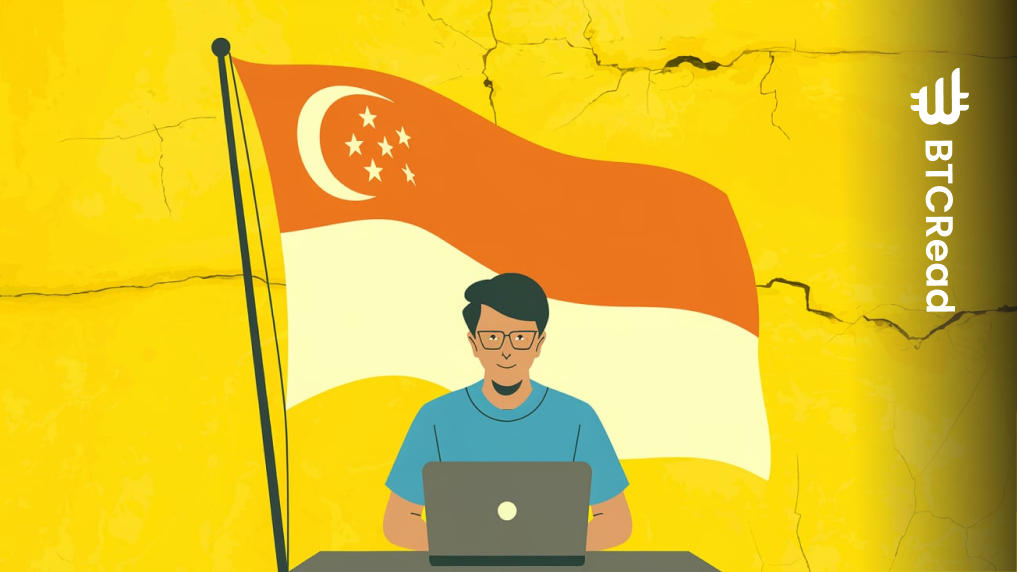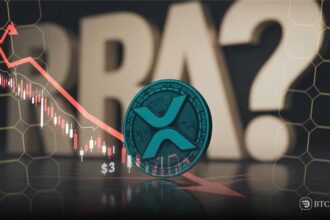Singapore is investigating possible misuse of Worldcoin, a cryptocurrency project known for collecting identity data, amid concerns about money laundering and terrorism financing. On Sept. 9, Deputy Prime Minister Gan Kim Yong, who also chairs the Monetary Authority of Singapore (MAS), announced that authorities are looking into individuals involved in buying and selling Worldcoin accounts and tokens through third parties
During a Parliamentary session, Yong said that the police are investigating seven individuals for offering Worldcoin-related services without proper licenses, which violates the Payment Services Act 2019.
Additionally, he clarified that while Worldcoin itself does not fall under the Act’s payment services category, those who buy or sell Worldcoin accounts and tokens as a business might provide a payment service. Yong also warned that illegally sold Worldcoin accounts and tokens could be exploited for criminal activities, including money laundering and financing terrorism.
Global scrutiny over Worldcoin biometric data collection
In 2023, global regulators began looking closer at Worldcoin’s use of iris biometric data. Countries such as India, South Korea, Kenya, Germany, and Brazil paused the iris scanning process and launched investigations into the company’s handling of personal information. European authorities also voiced concerns about potential breaches of GDPR laws
On Mar. 18, Spain officially became the first nation to ban Worldcoin’s data collection practices. Despite these challenges, Worldcoin grew quickly, surpassing 10 million users by Apr. 16. On Aug. 7, Singapore police advised the public to avoid selling or giving away their Worldcoin accounts.
During a Parliamentary session, Yong highlighted concerns about the risks tied to Worldcoin’s collection of personal data. He urged people to be careful when sharing access to their digital wallets or World IDs, as others could misuse them. Moreover, according to him, companies managing sensitive personal information, like biometric data, need to follow Singapore’s data protection and security rules to help prevent criminal activity.







